5 Reasons for the US Entry into World War I
German Atrocities in Belgium
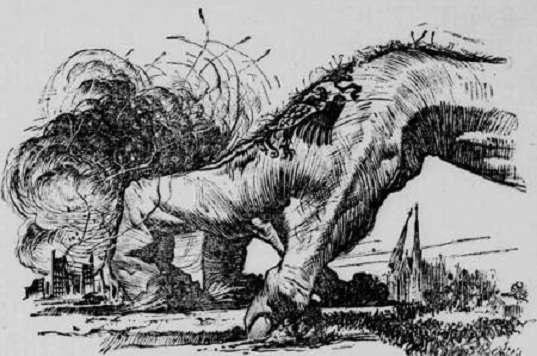
One factor that had a major influence on American public opinion was the invasion of neutral Belgium and stories of German atrocities in the country which shocked and outraged the Americans. Stories of unarmed civilians being killed and small towns being destroyed circulated throughout the press. Although some of the stories were British propaganda, they left a strong anti-German sentiment among Americans.
Economic Interests
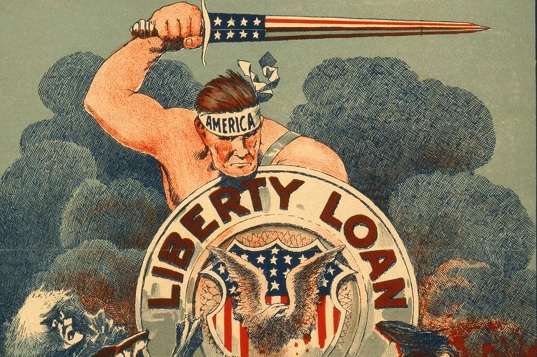
The American businessmen were very interested in the Allied victory and many such as J.P. Morgan helped fund British and French war efforts with approximately $3 billion in loans and bond purchases. If the Allies would be defeated by the Central Powers, they probably wouldn’t be able to repay their debt to their US lenders. Many businessmen, therefore, supported the so-called ‘Preparedness Movement’ which campaigned for the US intervention in the war on the side of the Allied forces.
The Sinking of the Lusitania
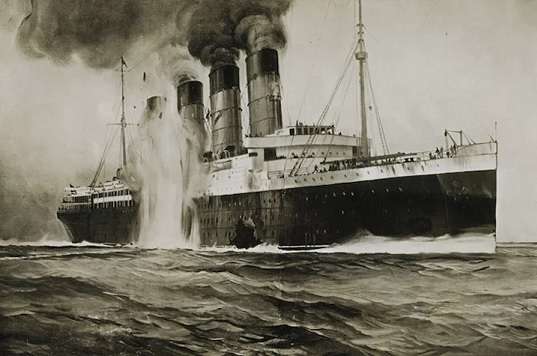
In May 1915, a German U-boat sunk the British passenger ship Lusitania off the coast of Ireland. Over 1,000 passengers were killed, including 128 Americans. Although the ship may have been carrying military equipment along with the civilians, the Americans were infuriated because the people on board weren’t warned before the sinking. In addition to straining diplomatic relations between the US and Germany, the Sinking of the Lusitania further increased anti-German sentiment in America.
Unrestricted Submarine Warfare
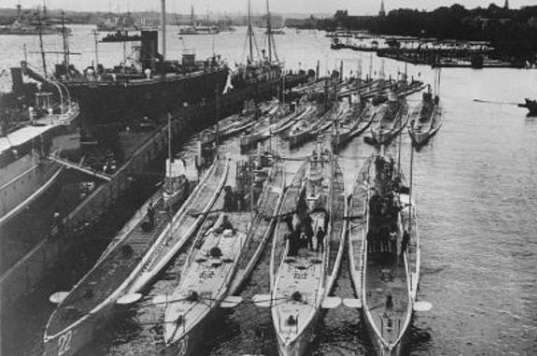
In response to Britain’s blockade, Germany turned to unrestricted submarine warfare to keep goods from reaching Britain. After the Sinking of the Lusitania, Germany promised to stop unrestricted submarine warfare but within less than one year, they torpedoed another passenger ship - the cross-English Channel ferry Sussex. Again, the Germans promised not to attack passenger ships without warning (the Sussex Pledge). But that pledge was short-lived as well.
Zimmermann Telegram
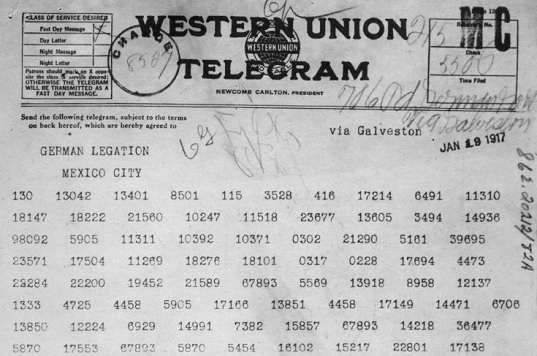
In 1917, German Foreign Minister Arthur Zimmermann sent a telegram to Mexico suggesting that if the US should declare war on Germany, Mexico should declare war on the US In return, Mexico would get back the territory lost in the Mexican-American War (Texas, New Mexico, and Arizona). Unfortunately for Germany, the telegram was intercepted by the British and hurriedly given to the Americans. Although Mexico had no real intention of declaring war on the US, the publication of the letter further mobilized the American people against the Central Powers.

10 Events that Led to World War I
World War I was caused by a combination of several factors but above all, it was caused by the tensions between the European powers and the crisis of the balance of power.

10 Events that Led to the End of World War I
Officially World War I ended with the Armistice of November 11, 1918. However, there were numerous events, some of which even took place in the previous year.